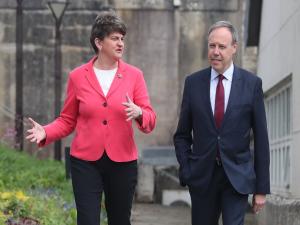
By PA Staff
DUP leader Arlene Foster has indicated a deal to support the Conservatives' minority government is close to being finalised.
Speaking after hours of talks between the two parties, the former First Minister said Brexit, counter-terrorism and "doing what's right" for the Northern Ireland economy were among the key issues being thrashed out.
Discussions in Westminster are continuing without Theresa May after she left for Paris for a pre-arranged meeting with newly elected president Emmanuel Macron.
Mrs Foster said: "We've had some very good discussions today and those discussions are continuing this afternoon.
"I hope that we can reach a conclusion sooner than later."
Earlier, Sir John Major has said he was "concerned" about the impact the deal between the Democratic Unionist Party and Conservatives could have on the Northern Ireland peace process.
The former prime minister, who began work engaging with the IRA to end the Northern Ireland conflict, said the peace process was still "fragile" and cautioned the pact could mean the Government will no longer be seen as impartial.
He told BBC Radio 4's World At One Programme: "People regard the peace process which was very hard earned over very many years by a lot of people, people shouldn't regard it as a given, it isn't certain, it is under stress, it is fragile.
"Although I don't expect it suddenly to collapse, because there's a broad consensus that wishes it to continue, I think we have to take care with it and take care that everything we do does not exaggerate the underlying differences that still are there in the Northern Ireland community."
He said he was "concerned" about the deal between the two parties, and saying he was "wary" and "dubious" about it "both for peace process reasons but also for others reasons as well".
Sir John said he wanted Theresa May to "succeed" and "stay" as Prime Minister, and that he understood and sympathised with her wanting to "shore up her parliamentary position" but said his "main concern" was the peace process.
"A fundamental part of that peace process is that the UK government needs to be impartial between all the competing interests in Northern Ireland."
"The question arises, if they cease to be seen as such by part of the community in Northern Ireland, then one can't be quite certain how events will unwind and that worries me a great deal about the peace process."
He said he could see problems "getting the Northern Ireland executive together", and expressed concerns over "the reintroduction of anything that remotely resembled a hard border", saying such a move would be "catastrophic" for the peace process and the relationship between Northern Ireland and Ireland.
"The last thing anybody wishes to see is one or other of the communities so aggrieved that the hardmen, who are still there lurking in the corners of the communities, decide that they wish to return to some form of violence.
"We really need to do everything we conceivably can to make sure that that doesn't happen, and that does require an impartial UK government."


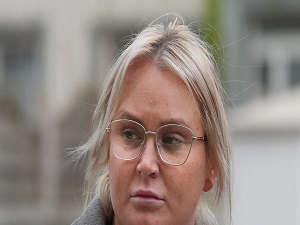 Woman stabbed partner as he slept in ‘premeditated’ murder, court told
Woman stabbed partner as he slept in ‘premeditated’ murder, court told
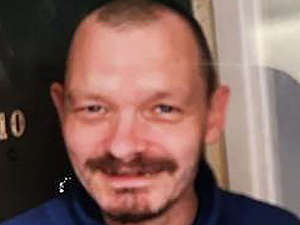 Police make new appeal over missing man last seen in October
Police make new appeal over missing man last seen in October
 19 police abuse of position sex cases investigated by ombudsman, report says
19 police abuse of position sex cases investigated by ombudsman, report says
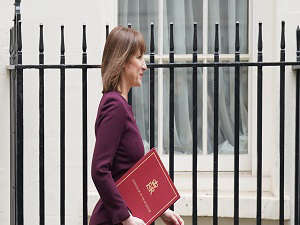 Government choosing weapons over public services – Michelle O’Neill
Government choosing weapons over public services – Michelle O’Neill
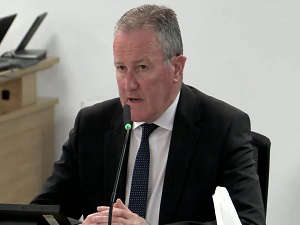 Devolved regions ‘politely entertained but not listened to’ during pandemic
Devolved regions ‘politely entertained but not listened to’ during pandemic